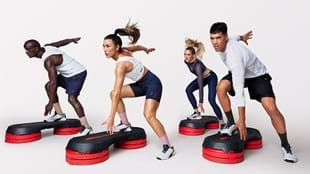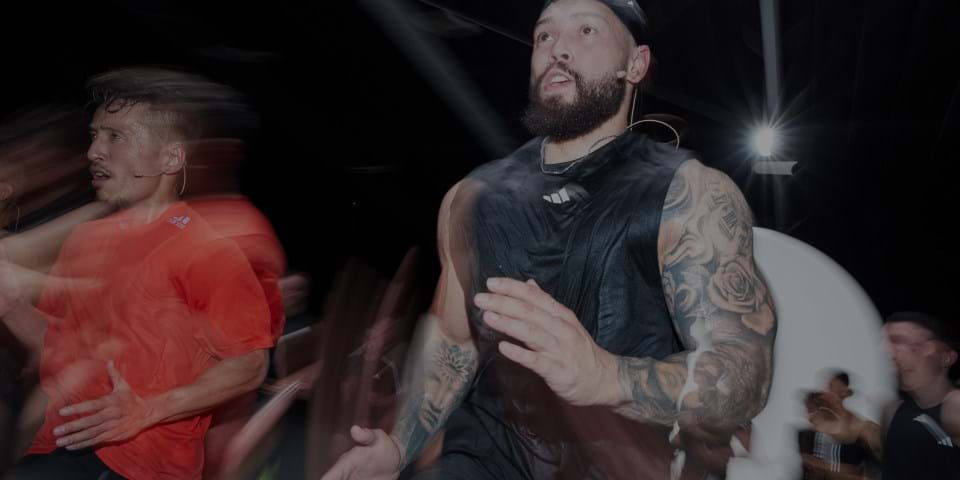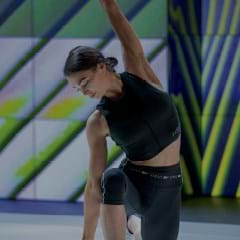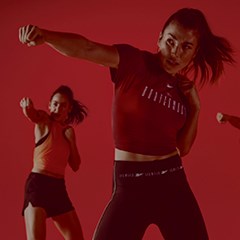lift away your stresses
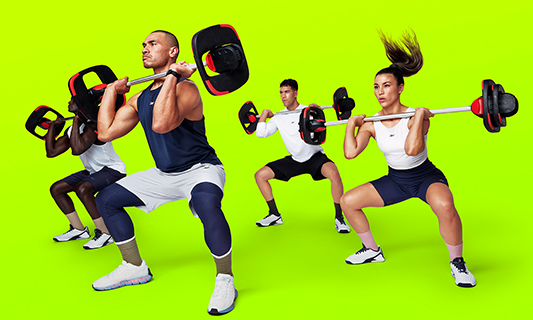
It's a well-known fact that exercise can help diminish the effects of anxiety on everyone from fit and healthy adults, to those who are chronically ill or suffering anxiety disorders. But what type of exercise is best? A new study from the University of Limerick in Ireland has shown that a basic regime of lunges, lifts, squats and crunches delivers impressive results. The findings come after researchers engaged 28 young men and women in a resistance training program using body weight and basic equipment such as dumbbells. They trained twice a week for eight weeks, achieving 20 percent better scores on anxiety tests. The researchers noted the positive effect was much larger than expected, and with so much anxiety in the world, resistance training looks to be a promising tool to manage it.
Coffee or cardio? What gives you the best morning boost?
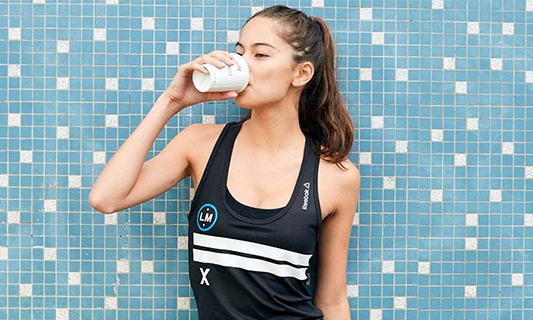
Good news for those who need a morning coffee to kickstart their day… New research shows caffeine is not the only quick fix. Scientists have found that switching your coffee for a short cardio session can stimulate the same effect – and a wealth of other health benefits too. The study involved participants completing a brisk 20-minute walk before scientists explored the cognitive effects the aerobic exercise had on their working memory, the vital system that we use every day to quickly recall information. The scientists also measured the effects following a dose of caffeine equivalent to a small cup of coffee.
Both moderate intensity exercise and caffeine significantly improved working memory accuracy. Interestingly, the scientists also measured what happened when they deprived regular caffeine consumers of caffeine for 12 hours. They found that working memory was not affected by caffeine withdrawl. They also found that a brisk 20-minute walk was able to reduce other caffeine withdrawl symptoms, particularly fatigue and a depressed mood.
The truth about face masks and exercise
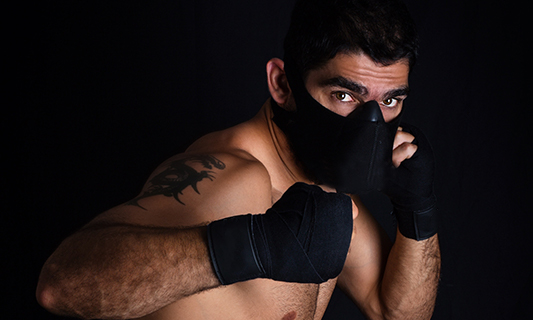
If a face mask has become part of your new workout wardrobe, you'll know first hand the discomfort associated with raising a sweat while wearing a mask. Wearing a face mask can impair the flow of inhaled oxygen and exhaled carbon dioxide so it seems difficult to breathe. But experts say a mask doesn't actually have any effect on your lung function. Susan Hopkins, MD, Ph.D., and professor of medicine and radiology at University of California San Diego School of Medicine is part of a team of American and Canadian researchers who recently reviewed all known relevant scientific literature on the topic. She says wearing a mask can lead to tiny increases in breathing resistance. "You may re-inhale warmer, slightly enriched CO2 air. And if you're exercising, the mask can cause your face to become hot and sweaty. But these are sensory perceptions. They do not impact cardiopulmonary function in healthy people." For healthy people, the effects of wearing a mask are minimal, no matter what type of mask is worn, the degree of exercise, age or gender. This is important to remember when weighing up the short-term discomfort versus the risk of contracting or transmitting infectious disease.
The sedentary sportspeople who are surprisingly fit

The morbidly obese gamer stereotype may be a thing of the past. A new study from the Queensland University of Technology has revealed those who spend hours playing sports via a computer screen can be surprisingly fit and healthy. The study of 1400 people from 65 countries found the average esports player is up to 21 percent more likely to be a healthy weight than the general population. They also hardly smoke and drink less. The top 10 percent of esports players are particularly fit and healthy. Many of these expert gamers have a sound training regime, often spending more than an hour a day engaging in physical activity as a way to enhance gameplay and manage stress.
Will going meat-free put your bones at risk?
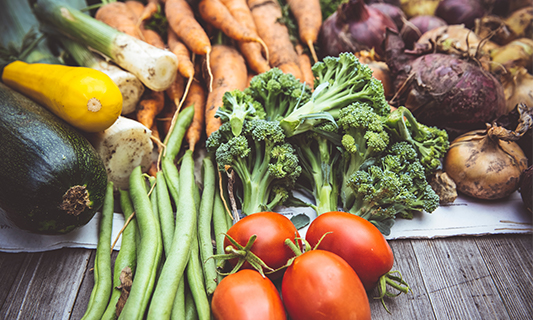
A vegetarian diet is associated with several health benefits – vegetarians are shown to have a 10 percent lower risk of cancer and roughly 20 percent lower rate of heart disease. But there is one downfall. A vegetarian or vegan diet may increase the risk of breaking bones. This finding comes off the back of a long-running study that, since 1993, has been tracking 65,000 people in the UK, recording their typical diets and their health based on hospital records. Researchers have found that, over a 17-year-period, those with a vegan diet broke their hip at over twice the rate of meat-eaters. Vegetarians and pescatarians had a smaller, but still significant, increase in risk of about 25 percent. The experts say the increased risk is likely to be because non-meat eaters don't consume the same level of calcium and protein as meat-eaters, and it is unlikely that vegans will have sufficient intake of calcium without supplementation. Heather Russell, a dietitian at the Vegan Society UK says: "It's certainly possible to look after your bones on a well-planned vegan diet, but people need the information to make healthy choices."



